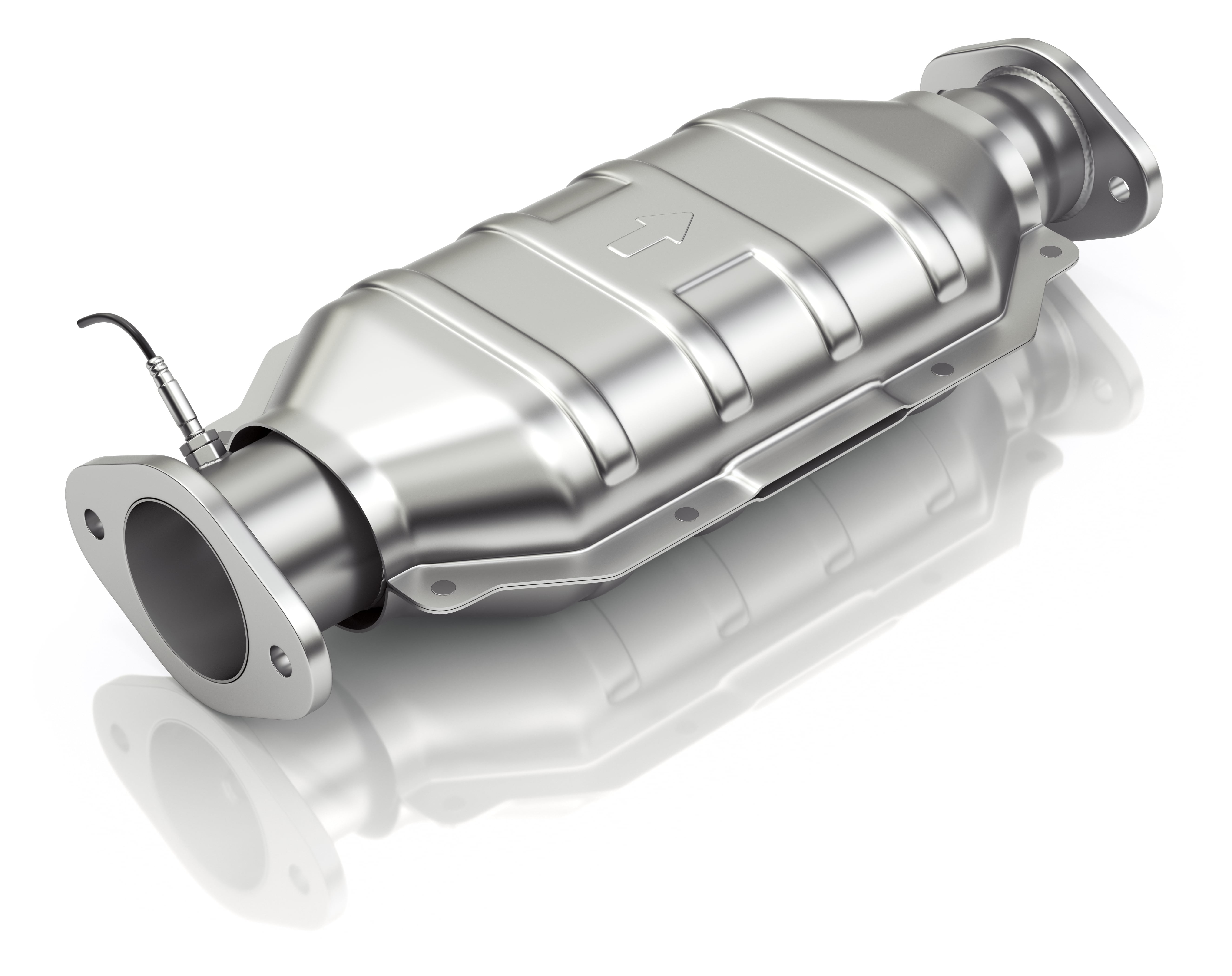
This is a common and annoying problem that can be. While we all hope the mechanics we entrust our cars to are top notch it is possible they have not done as.

This is a common and annoying problem that can be.
Engine jerks while driving. Why Your Car Jerks Lurches or Stutters When You Accelerate 1 Dirty Fuel Injectors. This is a common and annoying problem that can be. 2 Blocked Catalytic Converter.
A catalytic converter is responsible for reducing the amount of pollutants that. Reasons Why Your Car Jerks When Accelerating 1. If the spark plug in your car is old then it can give you a hard time while igniting the fuel.
The role of the car injector is to supply a steady stream of fuel to the engine. If you are used to driving an automatic car then you may have problems driving stick. While we all hope the mechanics we entrust our cars to are top notch it is possible they have not done as.
Your car may. 10 Reasons Why Your Car Jerks When Accelerating 1. The air filter makes sure that the engine always gets fresh air without getting any dust or other.
Dirty or Damaged Mass Air Flow Sensor. The mass airflow sensor measures the air entering the engine. These are the most common reasons why your car jerks while accelerating Worn Out Spark Plugs Dirty Fuel Injectors Damaged Acceleration Cable Blocked Fuel or Air Intakes Accumulated Moisture Clogged Catalytic Converter.
The primary job of fuel pipes is transferring fuel from one section of the engine to another. It is possible that a car jerks when accelerating due to broken fuel pipes. In fact the situation may even get worse and cause a fire in the car.
Usually it gets difficult for the car to accelerate due to disruption in fuel transfer. If a car jerks while driving this is a strong sign of engine trouble. It could be caused by a spark plug malfunction clogged fuel lines or fuel filter a glitch in the vehicles computer or from many other issues according to HowStuffWorks.
Regular oil changes and other preventative measures help to keep this from happening. The blockage is one of the most common reasons why a car jerks when accelerating. Your cars engine needs both fuel and air to do its work.
The air mixes with the fine spray of fuel inside the engine and is then lit by the spark plug causing a controlled explosion which moves the pistons. If the temperature is not to blame accumulated waste in the fuel filter could also cause the car to jerk. In fact a blocked fuel filter is the most common cause for a jerking vehicle.
While applying hard breaks car unable to stop getting slip and making sound while hard breaks This is the way ABS or antilock braking systems work. You should not release the brake pedal when your are feeling the pedal vibrate since this is the ABS system pulsing the brakes so you do not skid. If you see some check-engine light then I would advise to know what it is.
If you dont see a check engine light but your car jerks while driving my guess is toward crankshaft position sensor. I had the same issue with my 2005 Nissan Altima and it fixed it. A clogged catalytic converter is another reason why a car jerks while accelerating as a blockage can disrupt the exhaust systems airflow.
When you press down on the accelerator pedal you may notice a delay in your cars response followed by a sudden jerk or lurch forward. There may also be a rotten egg smell. How to fix it.
In some cases yes the cause of your car jerking will cause your check engine light to appear. A faulty mass airflow sensor for example will cause your check engine light to go on. So will a problem with your cars catalytic converter.
Reasons Why Your Car Jerks When You Accelerate For the car engine to run air and fuel ratio efficiently must be balanced for proper combustion to take place. An imbalance ratio makes the car engine to skip one combustion cycle process which results in a misfire. The misfire causes your car to jerk.
My car jerks when putting it into drive and sometimes has to be revved up high before going into gear The issue youre describing is typically an indicator of an internal transmission component failure or loss of hydraulic pressure inside the transmission.